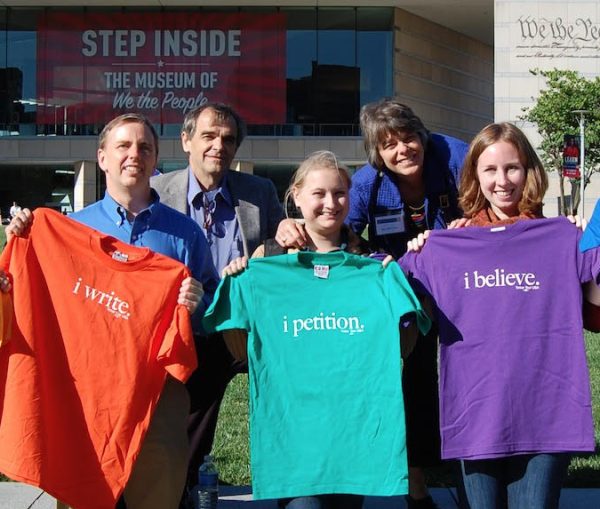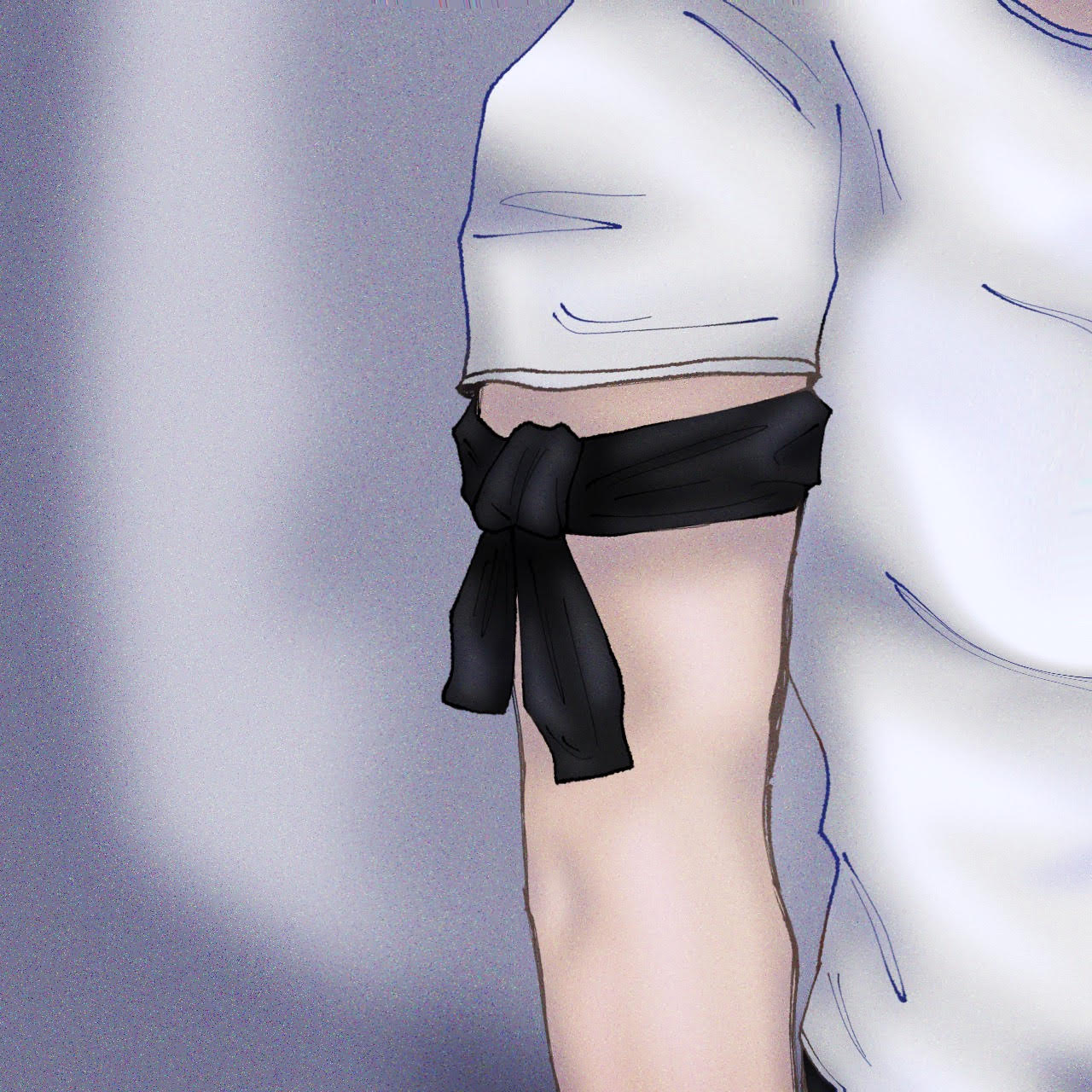When a student journalist goes to publish a story with a controversial topic, their first thought might be “I hope this story doesn’t get censored.”
There are specific cases of censorship that can be major and put student journalists and their adviser at risk of being censored or maybe even fired.
For more than 30 years, censorship has limited student journalists from writing and covering topics that school administrations may consider inappropriate, such as politics or mass deportations.
Familiar cases involving censorship include Tinker v. Des Moines (1969) and Hazelwood school district v. Kuhlmeier (1988). Tinker v. Des Moines has impacted student journalists by deciding that administration cannot censor a story unless it’s disruptive to the educational process. Hazelwood v. Kuhlmeier has impacted student journalists by deciding that articles that are written are not subject to freedom of speech.
It’s been 50 years since Tinker v. Des Moines, yet free speech in American public schools has remained a common obstacle among those wishing to bring attention to topics ranging from climate change to criminal justice. As students have become more cognizant of their ability to enact change in a world facing stresses from all sides, their protection in speaking freely has undergone limitations since the case.
While these cases have established some censorship laws, counties and states still find a way to evade them and silence student writers. But, with the help of the New Voices legislation, student journalists and their advisers would have more protections.
According to the Student Press Law Center, “New Voices laws ensure that student media can only be censored if that media is libelous or slanderous, contains an unwarranted invasion of privacy, violates state or federal law, or incites students to disrupt the orderly operation of a school.”
New Voices was established shortly after the Supreme Court’s decision in Hazelwood v. Kuhlmeier. Student journalists have the constant burden of potential censorship on their shoulders, and this legislation being passed will not only give journalists now but their advisers the freedom to tell the stories that matter to them.
Eighteen out of 50 U.S. states have passed New Voices legislation so far, but Georgia has not.
The Georgia Scholastic Press Association Fall Convention [GSPA] in October 2024 gave student journalists the opportunity to learn about New Voices legislation.
Though some schools have a stricter policy on censorship, other schools have little to no rules at all. It isn’t uncommon to see a variety of policies across a state, but across the district. While sharing her school’s censorship policy, a student editor at another Georgia high school wished to stay anonymous when discussing it.
“We always have to get [an article] checked by one administrator, and if it’s not approved, you’re not allowed to [publish that article],” she said.

Sudarshan Prasanna, a senior at Lambert High School, is a GSPA Ambassador and is familiar with the purpose of New Voices. As the senior editor of the Lambert Post staff, Prasanna has not personally been affected by censorship, but he has experienced a staff member being censored.
“Someone on staff last year wrote an article about grade inflation and how it’s affecting students’ mental health. He has one line on how the administration is kind of not doing enough to combat this problem, which is really affecting the student body, but he was told to take the line out. But soon after a substitute put censorship on us, with a prior review. We were able to fight it, but it was a very eye opening moment,” Prasanna said.
According to the First Amendment Clinic School of Law, prior restraint is defined as “a type of censorship where speech or expression is stopped before it occurs,” while prior review is defined as “when a school administrator reviews content before it is published.”
“New Voices is something that gives journalists freedom to write what matters to you, so they don’t have to worry about any kind of censorship, unless it’s anything like hate speech, slander, libel, etc. They should be able to publish what matters to them, not their school,” Prasanna said.
Students can use social media platforms and connections to learn more about New Voices, for example, by participating in the Student press Law Center’s New Voices Student Leaders program.
“To get involved, feel free to visit the New Voices website: https://splc.org/new-voices/,” Prasanna said.






